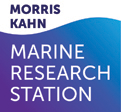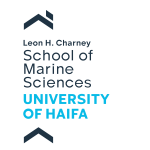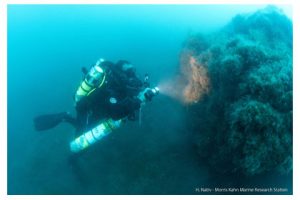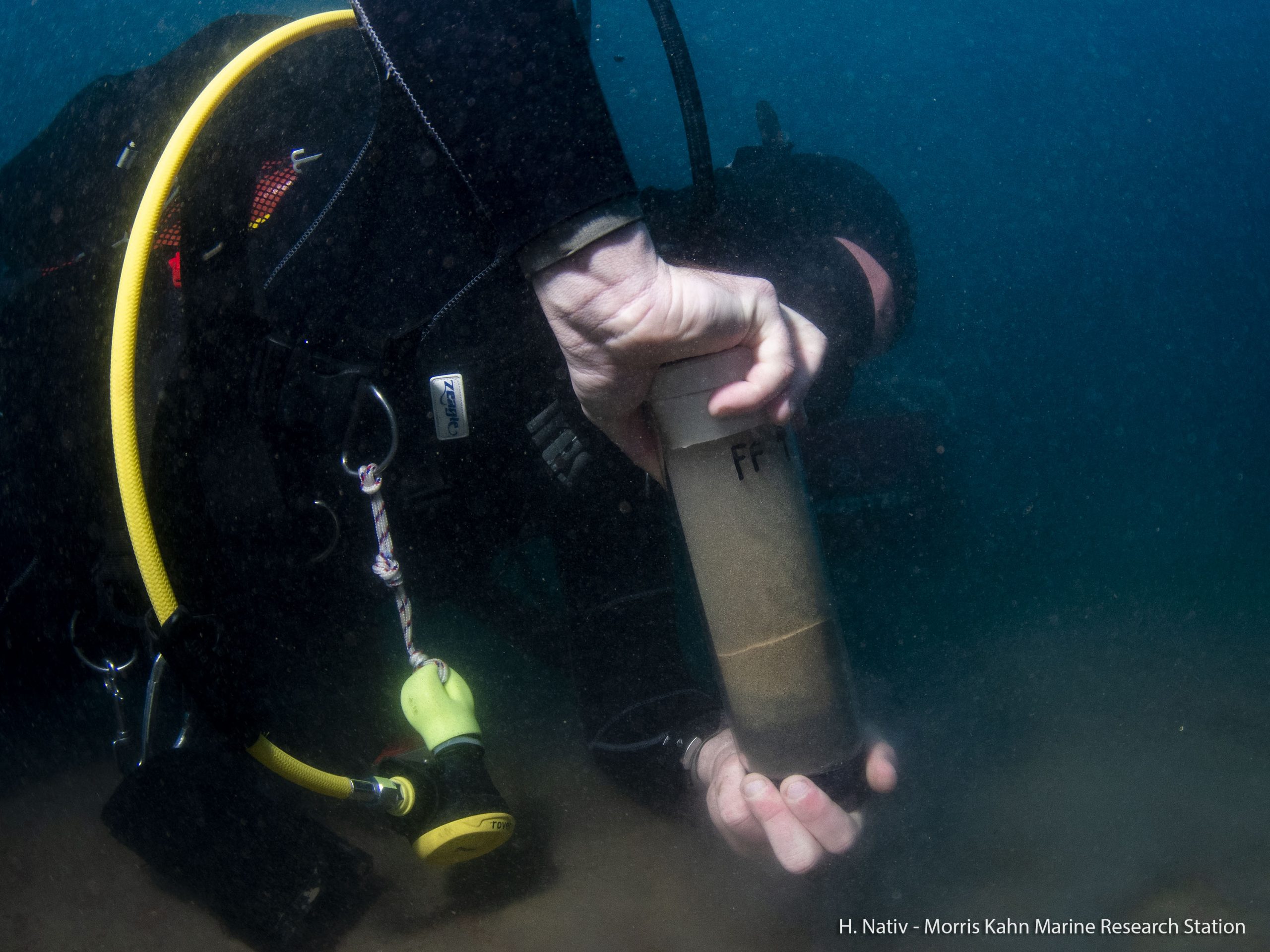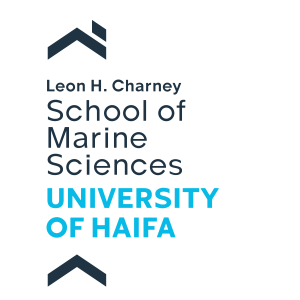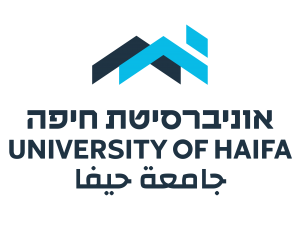Sdot-Yam buoy overview
Sdot Yam Nexus Shallow Monitoring Station, Located in Israel, near Kibbutz Sdot Yam at a water depth of ~13 meters, Placed and maintained by the Morris Kahn Marine Research Station, University of Haifa, and gives easy and free access to an online interface for viewing and downloading data collected by the float sensors, instantly, and constantly.
